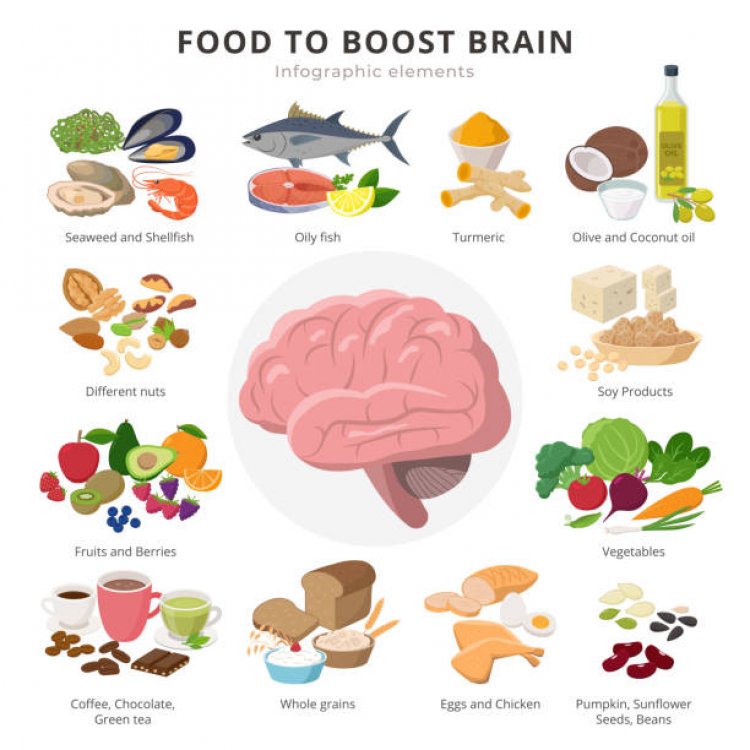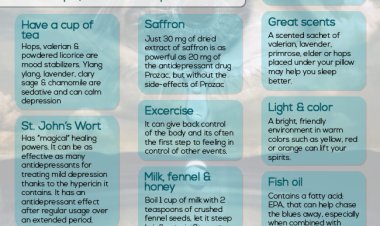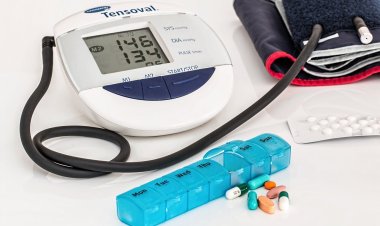Best Brain Foods
Brain, Nutrition, Mental, Health ,Improve Memory, Antioxidant, Fermented Foods

Best Brain Foods
Just like the complex relationship between the gut and the brain, nutrition and mental health are inseparable and bidirectional.
Lack of good food choices leads to an increase in mental health problems, which in turn lead to poor eating habits.
Here are some brain-activating foods that people don’t get enough of: Including them in your diet can improve mood, improve memory, and help you get the most out of your brain.
1. Spices
Spices are known to not only add flavor, but also have —antioxidant— properties.
In other words, it helps the brain fight harmful free radicals and prevent oxidative stress, which can damage tissues.
One of my favorite spices, turmeric, is great for reducing anxiety.
Curcumin, the active ingredient in turmeric, may alter proper brain chemistry to reduce anxiety and protect the hippocampus.
I also like saffron.
A meta-analysis of five previously published randomized controlled trials in 2013 investigated the effects of saffron supplementation on depressive symptoms in participants with major depressive disorder.
In all of these studies, the researchers found that saffron intake significantly reduced symptoms of depression compared to placebo controls.
2. Fermented Foods
Fermented foods are obtained by mixing milk, vegetables and other ingredients with microorganisms such as yeast and bacteria.
A few examples are yogurt, sauerkraut, kimchi and kombucha with live culture.
All of these are sources of live bacteria that can improve healthy gut function and reduce anxiety.
Fermented foods can provide many benefits to the brain.
A 2016 review of 45 studies found that fermented foods may protect the brain in animals by improving memory and delaying cognitive decline.
Probiotic yogurt can be an important part of your diet, but cooked yogurt doesn’t have the same benefits.
An example of this is yogurt-coated raisins. Heat-treated yogurt is free of beneficial bacteria and cannot relieve anxiety.
3. Dark Chocolate
Dark chocolate is a great source of iron and helps to build a protective shell for neurons and control chemosynthesis and mood-related chemical reactions.
A cross-sectional study of more than 13,000 adults in 2019 found that those who regularly ate dark chocolate had a 70% lower risk of depressive symptoms.
Dark chocolate is also rich in antioxidants if you stick to dark foods and don’t have too much sugar.
4. Avocados
Avocados are relatively high in magnesium, which is important for proper brain function.
The first report on the treatment of excitatory depression with magnesium was published in 1921 and was successful in 220 of 250 cases.
Since then, many studies have found that depression is associated with magnesium deficiency.
Several case studies in which patients were treated with 125 to 300 mg of magnesium showed rapid recovery from major depression, often within a week.
I love a mix of avocado, garbanzo beans and olive oil as a delicious spread on low glycemic toasts like rye bread or dipped in chopped vegetables.
5.Nuts
Walnuts contain essential vitamins and minerals, such as selenium from Brazil nuts, as well as healthy fats and oils necessary for proper brain function.
The anti-inflammatory and antioxidant effects of omega-3 fatty acids in walnuts have shown promise for improving thinking and memory.
It’s a good idea to eat 1/4 cup a day (no nuts, too much!) as a snack or with salad and vegetables.
Nuts can also be mixed with home-made granola or mixed with much less sugar and salt than commercially available ones.
6. Leafy Green
Patients turn their backs when they hear that green leafy vegetables like kale are good for their health.
However, green leafy vegetables contain vitamin E, carotenoids and flavonoids, nutrients that help prevent dementia and cognitive decline.
Another benefit is that it is an amazing source of folic acid, a natural form of vitamin B9 that is important for red blood cell formation.
Folic acid deficiency may be responsible for certain neuropathy, but improving folic acid status has beneficial effects on cognitive status and is a necessary cofactor for neurotransmitter production.
Vegetables like spinach, beetroot and dandelion are also great sources of folic acid!










